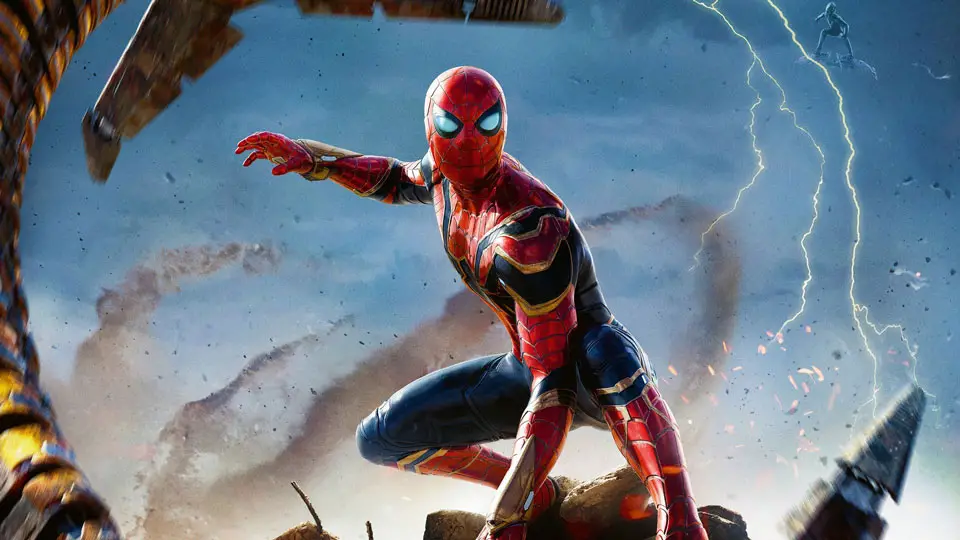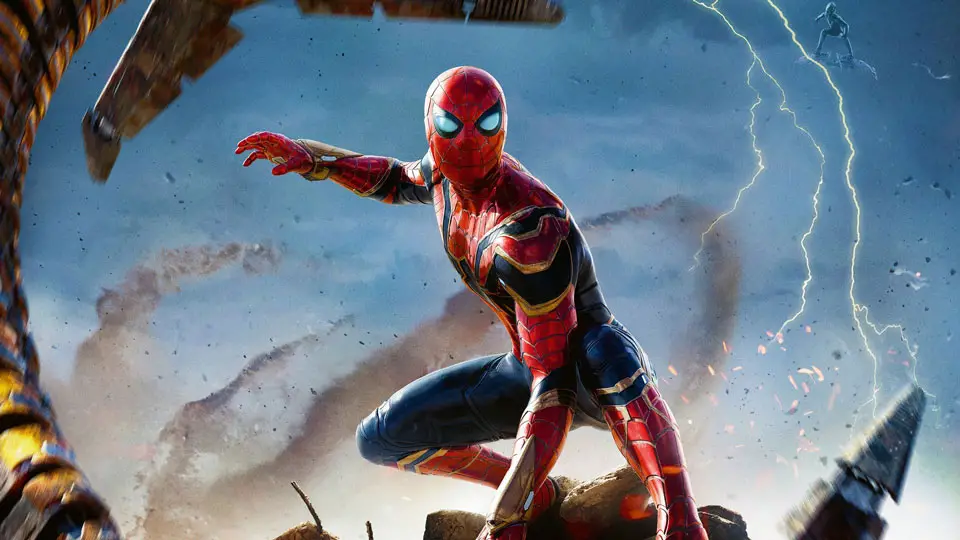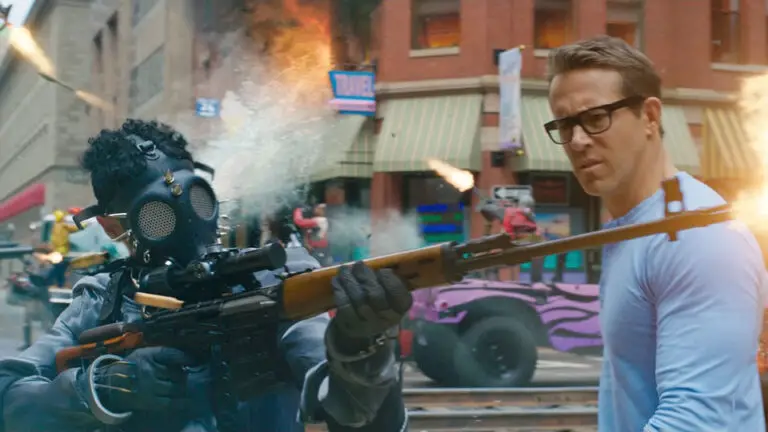Ever since Spider-Man: No Way Home premiered in cinemas in December of 2021, the movie has been dominating the box office and causing a serious resurgence of Marvel fandom. As the climactic film in the modern Spider-Man reboot series starring Tom Holland, No Way Home has a lot of moving parts, culminating in an ending that will drastically change the MCU moving forward. Acting as both a love letter to Spider-Man fans and a fierce push into Phase 4 of the MCU, Spider-Man: No Way Home succeeds in a lot of ways. Today, I’m giving my opinion on the overall movie and seeing how it stacks up to other Marvel movies. Plus, I’ll take a closer look at how No Way Home changes the MCU forever. Let’s see what the latest Spider-Man flick has to offer!
Note: This review will contain spoilers for Spider-Man: No Way Home.

Is ‘Spider-Man: No Way Home’ the Best Marvel Movie?
Spider-Man: No Way Home picks up a few weeks after the events of Spider-Man: Far From Home, with Spider-Man’s identity as Peter Parker (Tom Holland) exposed to the entire world. Thrown into the spotlight and stripped of his anonymity, Peter and his closest friends begin to suffer the consequences of being friends with a controversial vigilante. With his girlfriend MJ (Zendaya) and best friend Ned (Jacob Batalon) struggling to get accepted to college due to their friendship with him, Peter hits up his old friend Doctor Strange (Benedict Cumberbatch) to cast a memory-wipe spell over the planet. Unfortunately, things go astray, sucking villains and other versions of Spider-Man from the multiverse into Peter’s world. With New York City unraveling into chaos and the state of the multiverse in danger, Peter must defeat villains like the Green Goblin (Willem Dafoe), Doctor Otto Octavious (Alfred Molina), and more to save the day
If seeing these iconic Spider-Man villains wasn’t hype-worthy enough, No Way Home takes things up a notch, bringing back both “classic” Spider-Man (Tobey Maguire) and The Amazing Spider-Man (Andrew Garfield) to help in the fight. Watching the three generations of Spider-Men swing and battle together offers a bonanza of fan service in a movie already overflowing with it. We also get a great fight scene between Peter and Doctor Strange in the psychedelic Mirror Dimension, as well as plenty of easter eggs and references. Best of all, No Way Home refuses to let the fan service overwhelm the core narrative, closing out the reboot trilogy while still leaving room for further sequels. Ultimately, Spider-Man: No Way Home isn’t the best MCU movie, but it’s absolutely toward the top of the list. It’s a proper action blockbuster that cinemas have sorely been missing, ripe with adventure, excitement, and surprising moments of emotion. Overall, the movie accomplishes what it sets out to do, wrapping up the reboot trilogy with a meaningful movie made for the fans.
How ‘Spider-Man: No Way Home’ Changes the MCU Forever
While the majority of the story in No Way Home is tightly contained within the world of Spider-Man, there are several plot points that might change the entire MCU moving forward. First and foremost is the inclusion of the multiverse, which while introduced in the Marvel show Loki, takes center stage in No Way Home. The way the multiverse is used in this movie is just a small taste of the crazy concepts it allows, pulling up alternative versions of characters from different universes and timelines. Speaking of which, No Way Home includes a cameo of the hero Matt Murdock/Daredevil (Charlie Cox) from the Netflix Daredevil show. Now that those universes are one and the same, what does that mean for the other Netflix Marvel shows? Should we expect Luke Cage and Jessica Jones to pop up in the next big crossover movie? Only time will tell.
Most importantly, the ending of No Way Home acts as a major reset for the character. Ironically, the only way to prevent the collapse of the multiverse is to complete Doctor Strange’s original spell, effectively removing the memory of Peter Parker from everyone he loves. Completely and utterly alone, Peter moves to a different part of town and sets out to start a new chapter as Spider-Man. With no more connections to the Avengers, Nick Fury, or the overarching superhero ensemble, how will Spider-Man play into future MCU films? If the end-credit scene is to be trusted, I’m certain that Venom (Tom Hardy) will have something to do with it.
Overall, the events of Spider-Man: No Way Home will cause significant ripples in the future of the MCU, even if they seem minor now. We’ll have to wait until the upcoming release of Doctor Strange in the Multiverse of Madness to see what happens next. For now, the only thing we can do is speculate, discuss, and be thankful that Spider-Man: No Way Home lived up to expectations.
Support the author
If you found this article useful, feel free to buy me a coffee here:



